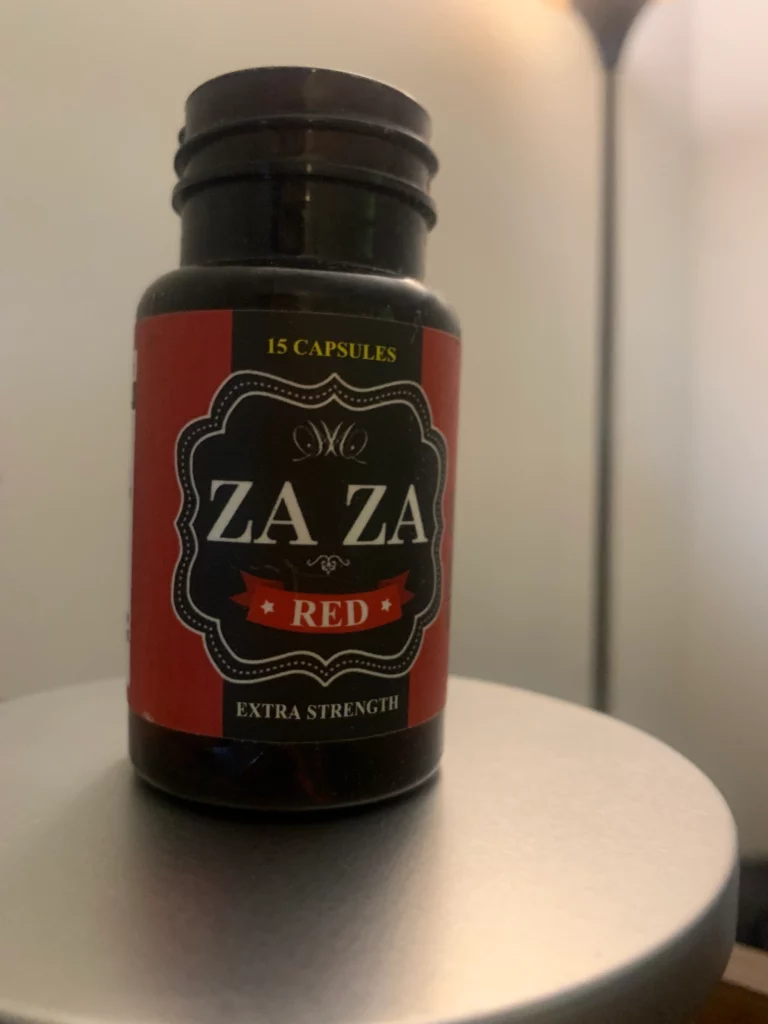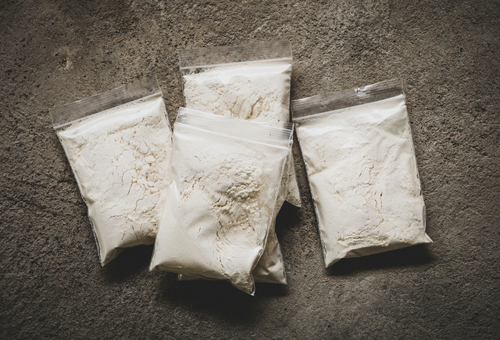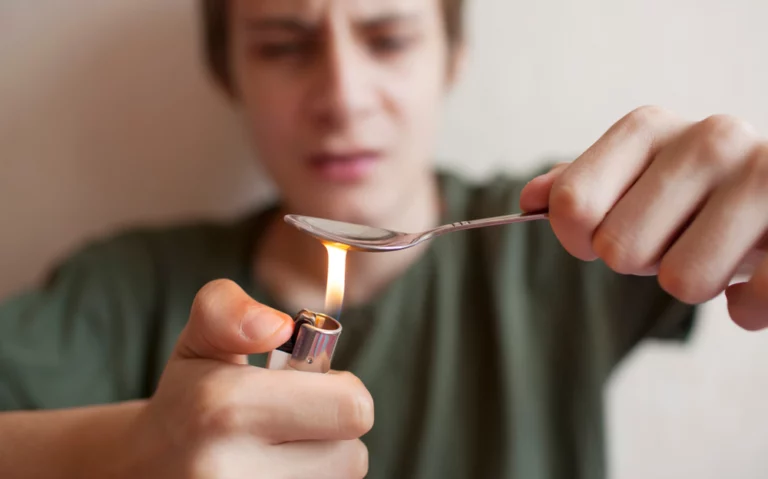What You Should Know About ‘Gas Station Heroin’
‘Gas station heroin,’ or tianeptine, is becoming increasingly popular throughout the United States for its convenience and opioid-like experience. This has led to many states, most recently Kentucky, banning the sale of tianeptine in gas stations. While the U.S. Food and Drug Administration, FDA, has stated that tianeptine has the potential for abuse, many vendors are still selling the product online and marketing it as a dietary supplement.
In this article, we will cover what gas station heroin is, the dangers and side effects of tianeptine, the current laws and regulations regarding the drug, and addiction treatment options.
What is Gas Station Heroin?
Gas station heroin is a term used to describe a dangerous synthetic opioid drug that is sold in some gas stations and convenience stores. This drug is often marketed as a legal high, a substitute for prescription painkillers, or a form of synthetic opioid. Tianeptine is the drug’s official name and is available in different forms, including tablets, capsules, and powder.
This over-the-counter drug can be up to eight times stronger than morphine, making it extremely dangerous and potent. Gas station heroin produces opioid-like effects on the body that can lead to many dangerous side effects and the risk of addiction and overdose. Because of this, there has been a surge of states outlawing the sale of gas station heroin.

Dangers of Tianeptine
Tianeptine, typically marketed as Coaxil or Stablon, was first synthesized in the 1980s as a potential alternative to other opioids and is used as an anti-depressant in many other countries throughout Europe, Asia, and South America. Despite its use in other countries, the FDA and the Centers for Disease Control and Prevention, CDC, have stated that tianeptine is a potential public health risk due to its addictive qualities.
Tianeptine is sold online or in gas stations and convenience stores and has become a popular option for people seeking to self-medicate or experiment with the drug. However, the purity and potency of the powder are not regulated, making it difficult to determine the correct dosage and increasing the risk of overdose, side effects, and withdrawal.
Side Effects & Withdrawal Symptoms of Tianeptine
The FDA has documented instances in which people suffered from severe side effects resulting from misusing or abusing tianeptine alone or in combination with other medications. According to the CDC, since tianeptine affects the same receptors in the brain as opioids, the withdrawal symptoms are similar to opioid withdrawal. Here are the side effects and withdrawal symptoms seen in tianeptine abuse:
- Agitation
- Nausea and vomiting
- Confusion
- Drowsiness
- High blood pressure
- Sweating
- Rapid heart rate
- Coma
- Death
Gas Station Heroin vs. Heroin
When you first heard of gas station heroin, you might’ve thought of the typical white powder heroin or the black tar heroin that has become an epidemic in recent years. While the two drugs can have similar effects on the body, gas station heroin and heroin have many differences between them.

The main difference between gas station heroin and heroin is their chemical composition and origin. Heroin is derived from a natural plant source, while gas station heroin is a synthetic opioid that is produced in a laboratory. Gas station heroin is more widely available than heroin, making it easier for people to obtain. Gas station heroin is also more potent and unpredictable than heroin, which can increase the risk of overdose and other side effects.
Gas Station Heroin Products
While some states have banned the sale of tianeptine, many states still sell it, so it’s essential to know what products contain tianeptine to avoid using it. There are multiple brands and companies that sell gas station heroin, but some of the most popular ones are Tianna and ZaZa. Both of these brands offer different versions of the product, like ZaZa Red, Tianna Green, Tianna Red, and Tianna White.
Current Laws and Regulations for Gas Station Heroin
According to the CDC, from 2000 to 2017, there were 218 calls to poison control centers for tianeptine exposure. While that may not seem like many, 207 of those calls occurred between 2014 to 2017, indicating a significant increase in people misusing the drug in recent years. Because of this increase, there are currently 8 states that have banned or outlawed tianeptine in their state. These states are Alabama, Georgia, Minnesota, Michigan, Ohio, Tennessee, Mississippi, and most recently Kentucky.

The U.S. Drug Enforcement Administration, DEA, has not classified tianeptine as a controlled substance, meaning it is not subject to the same strict regulations as drugs such as heroin or fentanyl. While tianeptine is not currently classified as a controlled substance under federal law, some states have taken measures to regulate its sale and distribution. The FDA has taken action to restrict the sale of tianeptine-containing products and has warned consumers about the risks associated with tianeptine use.
Drug Addiction Treatment at Louisville Recovery Center
At Louisville Recovery Center, we provide holistic and individualized addiction treatment plans to those struggling with alcohol addiction, opioid addiction, and more. Whether you are trying to recover from tianeptine abuse, suffering from withdrawal symptoms, or helping a loved one get help, our team is dedicated to providing the best resources possible. We offer comprehensive addiction treatment programs that include intensive outpatient services, aftercare planning, partial hospitalization programs, and experiential therapies.
If you or a loved one are struggling with drug addiction, contact us today to learn more about our programs. Recovery is a complex and challenging road, but you do not have to suffer alone.







